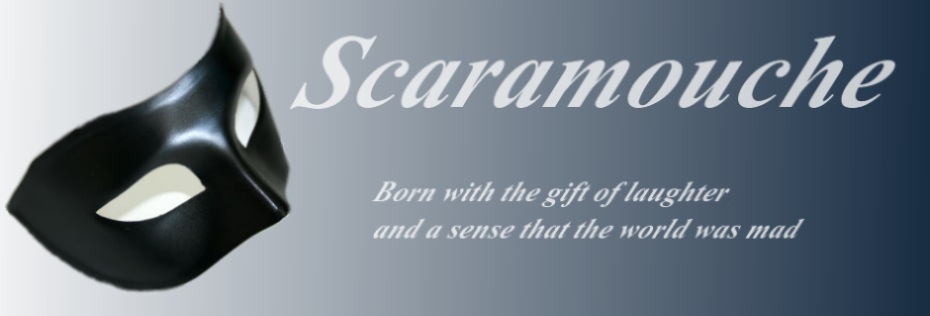I can't think of anything more CBCish, or for that matter more Canadian, than "Canada Reads." It's an annual exercise on Ceeb radio (rebroadcast on TV) wherein four semi-celebrity Canadians each make a case for a novel to be selected as the one book that every Canadian should read at the same time. This year, "Canada Reads" is even more ambitious than usual. It is seeking the Canadian novel that is most likely to bring about--what else?--social change.
If I were ever tempted to read one of these mostly unreadable works of fiction--and, usually, I'm not--that would for sure put the kibosh on it for me.
Anyway, I was lying in bed, channel-hopping late last evening, and I happened upon the TV broadcast of Canada Reads, Day 2. Suddenly, I found myself riveted by a discussion between Stephen Lewis, Canadian socialist/UN icon, and Wab Kinew, "an award-winning journalist, aboriginal activist and hip-hop artist [who is] currently the first director of indigenous inclusion at the University of Winnipeg" (his Ceeb billing). The book Lewis had been touting, Margaret Atwood's The Year of the Flood (a, yes, unreadable novel forecasting the grim, dystopian future that's in store because we're ignoring global climate change) had been eliminated on the first day of competition. Lewis was making a case to eliminate The Orenda, the book by Joseph Boyden that Kinew was defending. Lewis's problem with it: it contained scenes depicting aboriginals engaged in torture and scalping that were so graphic, so extreme (Lewis's word), that they amounted to what he called "torture as pornography."
Wab countered that, well, Lewis would look at it that way, being that he's non-indingenous. That's how Europeans looked at it 400 years ago, too, when the "savagery" unnerved and sickened them. But that's not how indigenous peoples view it--and neither, he says, does Boyden, who uses the word "caress" to describe a torturing. To indigenous tribes it was purely a matter of "honour." Indeed, "warriors of one nation would be upset if one nation did not torture and scalp their brethren." It afforded them "a chance to prove their honour and dignity before passing on to spirit world."
Kinew proceeded to lambaste non-Natives who only want to align themselves with indigenous peoples when their values--like being anti-pipeline and pro-environment--meshed, but who expressed Lewis's type of uninformed distaste for the enobling ceremonial torture.
So you see, non-indigenous Canadians (and this is me speaking, albeit sarcastically), if you can't view inter-tribal torture and scalping through indigenous eyes; if you can't discard your prissy "Western assumptions" (Kinew's phrase); you're just not seeing it in the proper context. You know, in the same way that we judgmental ones can't see, say, suttee, female genital mutilation, "honour" crimes in the Islamic world (and a smaller number among Hindus), and even jihadi terrorism, through the eyes of its perpetrators.
Of course, political correctness and Western civilizational exhaustion being the order of the day, none of the other panelists had the cojones to make that point. Not even Stephen Lewis, whose major objection to The Orenda is that its violence is too extreme, and thus it has little chance of "rallying" Canadians to the cause of reconciliation.
Given that, it is Lewis's namby-pambiness, his unwillingness to go to bat for Western Judeo-Christian values, that is far more disturbing than both the violence depicted in The Orenda and Kinew's effort to "contextualize" it.
Update: FYI, there's an American version of The Orenda that's replete with horrific scenes of bloodshed, and I have read it. It's The Son, by Phillipp Meyer.

No comments:
Post a Comment